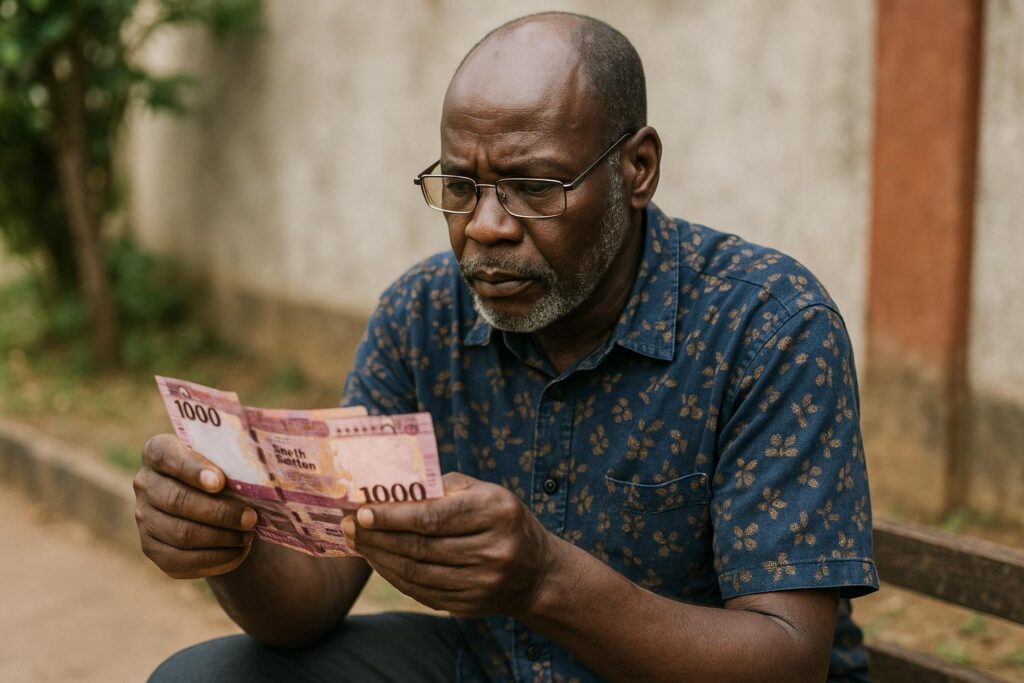World Bank Report Highlights Currency Pressures
The World Bank’s latest Africa’s Pulse report ranks the South Sudan Pound among Africa’s frailest currencies in 2025, squeezed by a ten-percent slide against the United States dollar since January.
Oil Pipeline Damage Drives South Sudan Pound Fall
The report links the currency’s weakness to a slump in crude exports after conflict in neighbouring Sudan damaged the pipeline that carries South Sudanese oil to international markets.
With fewer petrodollars arriving, Juba’s foreign-exchange reserves have thinned, limiting the central bank’s capacity to defend the Pound.
At informal counters on Friday last week, dealers quoted 4,668 Pounds for one dollar, far above official screens, underlining the scarcity of hard currency.
Parallel Market Turmoil Weakens Ethiopian Birr
Ethiopia’s birr also weakened after authorities eased controls on the forex market, a step that widened the premium paid in Addis Ababa’s parallel bazaar as firms struggled to buy dollars through banks.
The World Bank warns that unmanaged liberalisation can drain confidence when dollar supply remains thin.
Ghana and Zambia Register Rare Currency Gains
In sharp contrast, the report praises Ghana’s cedi, which appreciated twenty percent in eight months, helped by stronger cocoa receipts and calmer financial conditions.
Zambia’s kwacha followed, gaining sixteen percent on the back of improved copper exports and rising investor inflows.
Broader Impacts and Policy Options for Juba
Economists note that widening gaps between Africa’s weakest and strongest currencies shape trade costs and household purchasing power across the continent.
For Juba, the World Bank suggests stabilising oil flows, tightening fiscal discipline, and improving access to remittances as immediate buffers until pipeline repairs restore export revenue.
The Bank of South Sudan has not yet responded publicly to the findings, leaving markets watching forthcoming policy signals.


